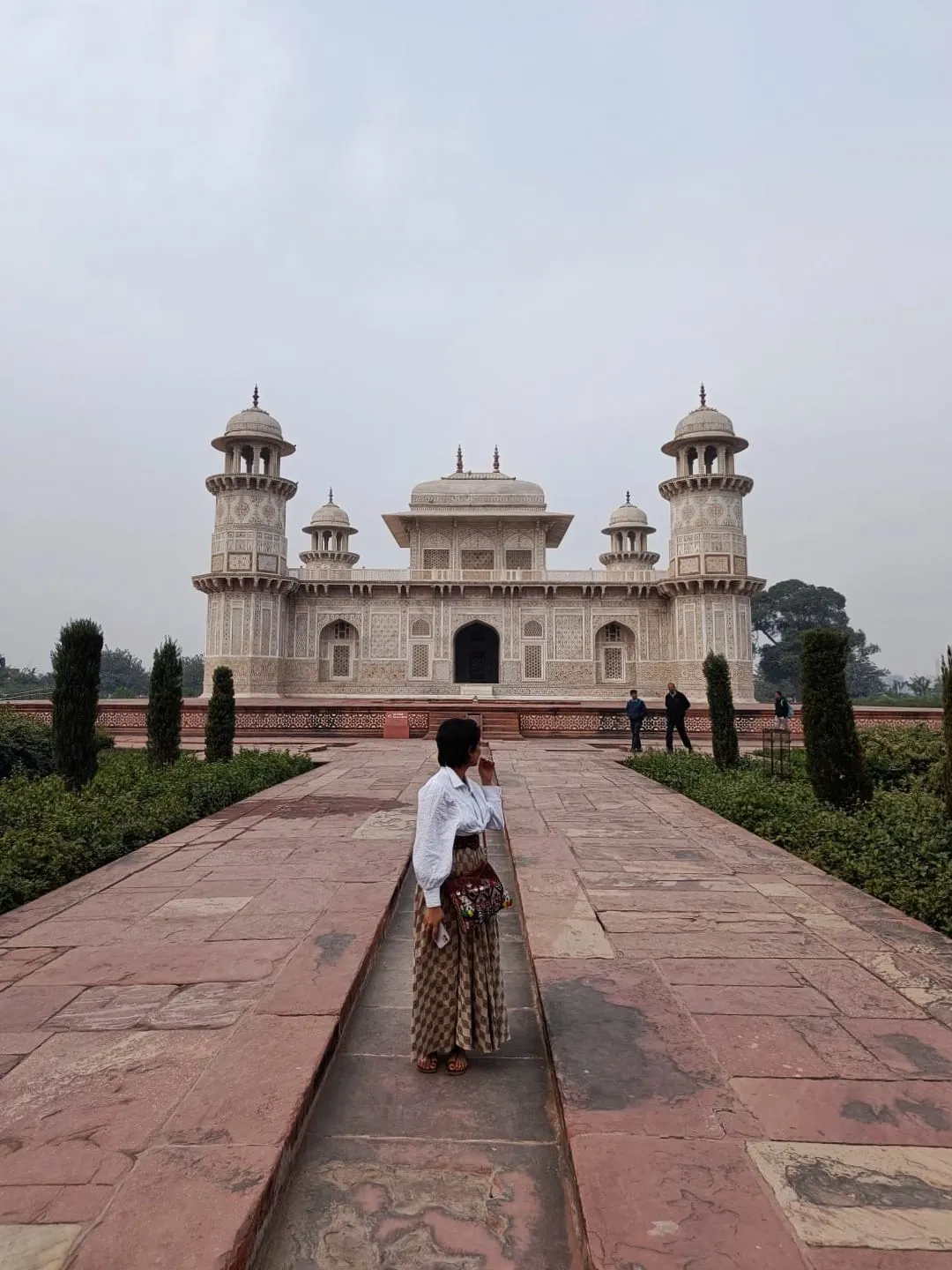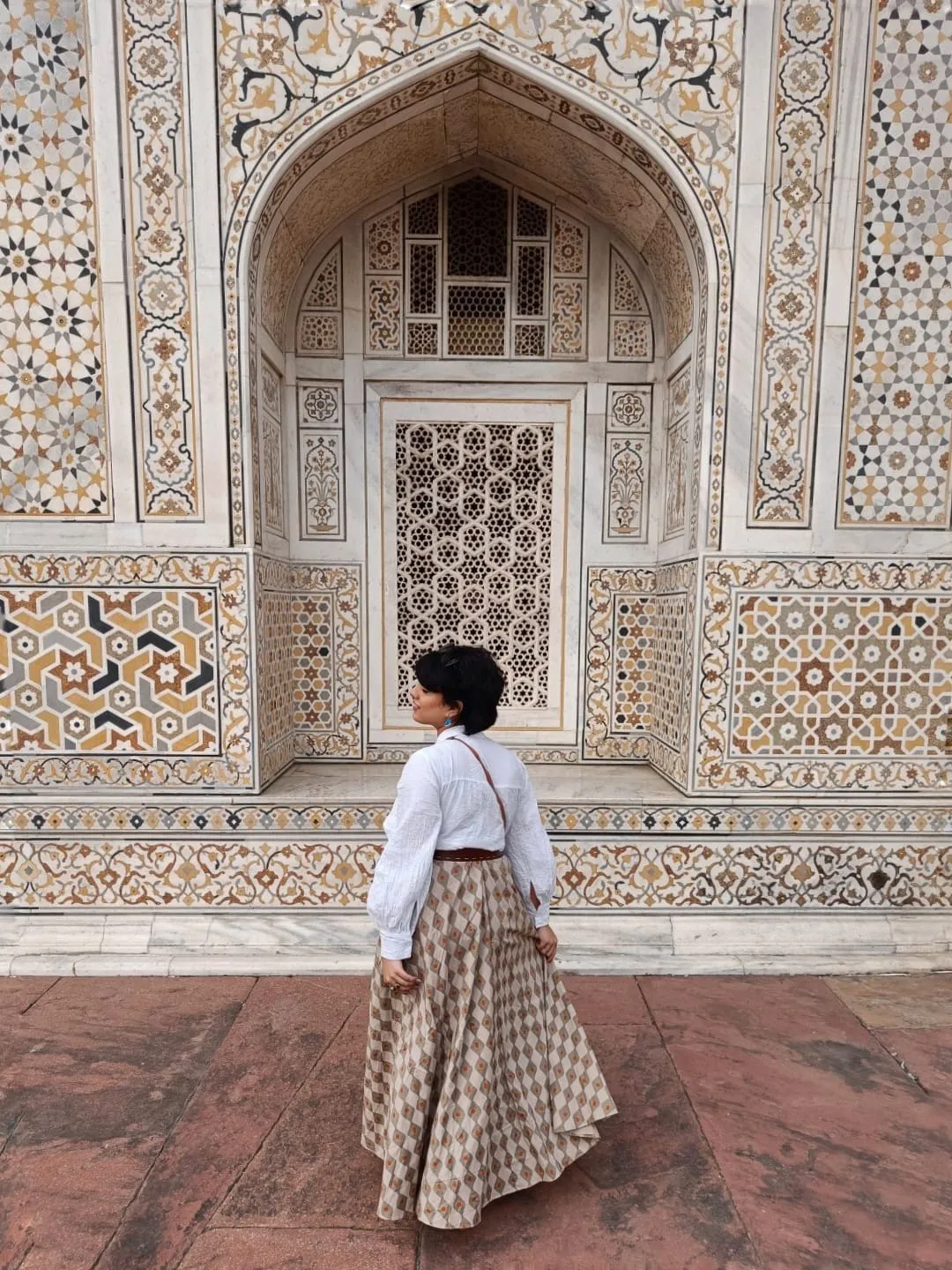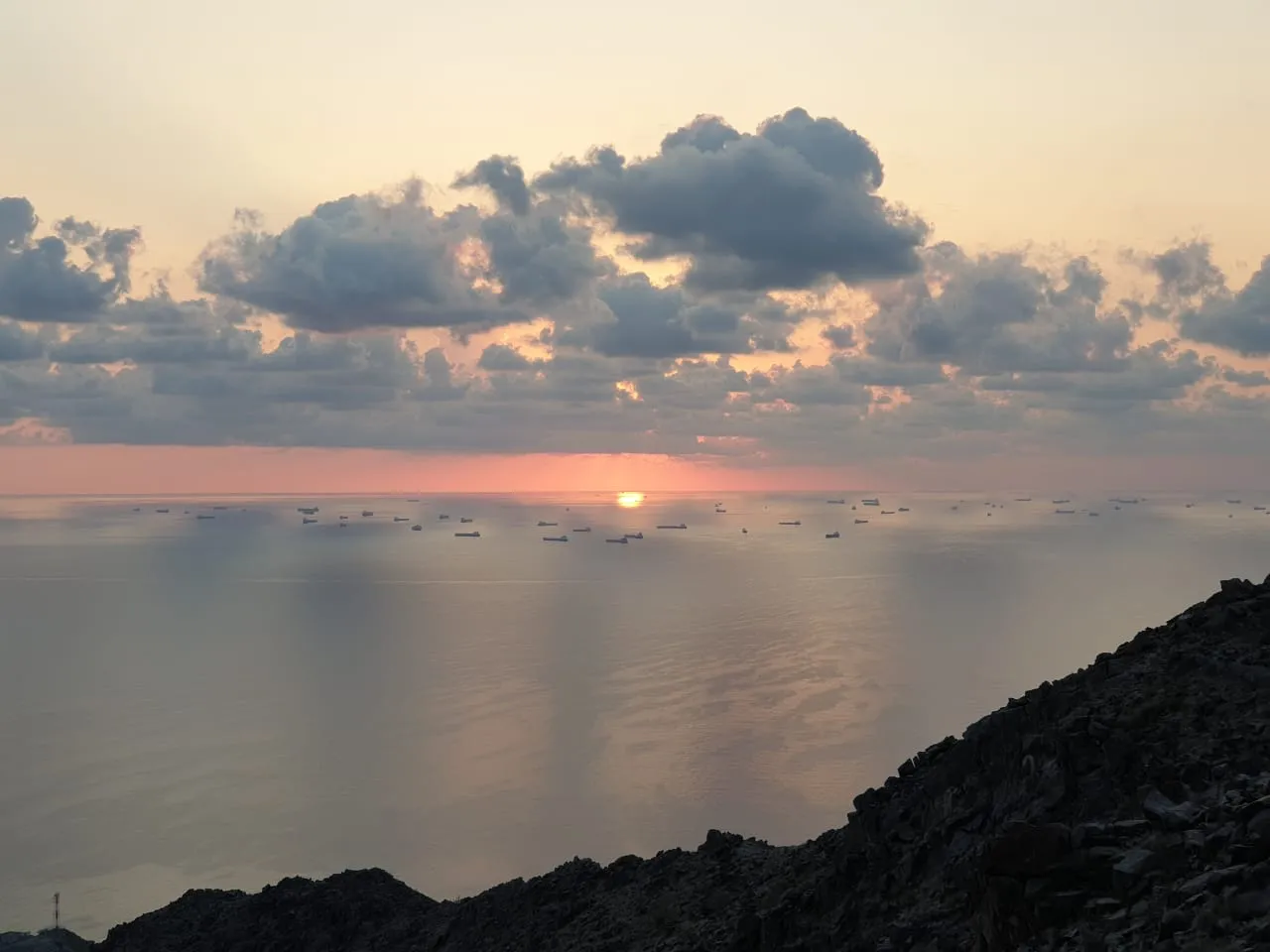India.
A country stretching its arms across 28 states and 8 Union Territories. Birthplace of thousands of cultures, languages, textures, and landscapes. Our beautiful subcontinent encompasses mighty mountain ranges, impenetrable rainforests, haunting mangroves, parched deserts, and heavenly grasslands— sanctuaries for some of the most exquisite biodiversity in the world. It is a shame that modern India doesn't talk about this more. After all, only a handful know that India has the highest variety of wild cats in the world!
Everybody knows the Taj Mahal, but very few know of the tomb of I'timād-ud-Daulah, one of the most pristine structures showcasing the 'Pietra Dura' or 'Parchinkari' artform, in the ancient city of Agra.
What the average Indian today knows of their tales and heritage is only the tip of the iceberg. The richness of the myriad cultures that exist in India is a culmination of tens of thousands of years of human history. It encapsulates everything, from the 'teeka' on our forehead when we're born, to the 'dal' or lentil we eat to nourish our body, to the dances in our festivals, and even communities that have, over centuries, made India their home. Whether we like it or not, the only evidence we have of our ancestry is the stories that we choose to preserve, through books, songs, and architecture. Yet, as a people, we never stop to reflect on how much of this wealth we have lost, and thus, how much there is to rediscover.
In the past three decades, we have seen the internet almost disrupting every single industry. Innovation has been at the forefront of consumerism. However, it still feels like travel has been left behind. One may argue that companies like AirBnb, MakeMyTrip, Agoda, and Expedia have changed the way people travel, but in my opinion, the overall quality of experiences remains quite mediocre. The reason for that is that all these companies cater to one niche well—either its accommodation or flights or cab services. The problem of fulfilling a travelers' aspirational expectations, however, remains unsolved. There is no single approach that has pulled ahead of the pack.
I've often heard people who return from Kashmir say that "Gulmarg is the Indian equivalent to Switzerland". People, by and large, find it really hard to dissociate from the mainstream notions of travel due to which they fail to accept places for what they are–their beauty and flaws, alike. I believe this is the result of years of conditioning–we've had films, ads, and the internet constantly bombard our perception of "holidays" for so long that we completely forgot about exploration.
New age travelers are switching the narrative slowly, but for now, the industry is still broken–and here's how:
Too much/too little information
The world works in weird ways and the internet is even weirder. Google and Amazon probably know and understand you better than your parents or even yourself. Precisely because of that reason, there are millions and millions of companies at war for your attention—relentlessly optimizing their SEO to win at sales. Therefore, when it comes to a business like travel, more often than not, the authenticity of the experience is lost in all the chaos. In fact, many travel agents go as far as publishing fake websites for prominent national parks and tourist hotspots, making this space particularly unfriendly to consumers, who face a greater chance of being exploited. The prevalence of misinformation increases the dependence on middle-men and the grey market of experiential travel, due to which there isn't transparency in pricing or quality.
Lack of Government Initiatives
This particular point hits the hardest. Countries across the world fight tooth and nail to capitalize on empowering local communities via efforts like eco-tourism. I've been an avid wildlife enthusiast for the past 13 years, so much so that I even interned in a Tiger Reserve while I was in university. In my opinion, India does a phenomenal job at conservation, however, really lacks vision when it comes to the potential of eco-tourism. Our country is home to 48 beautiful tiger reserves, but there are only a handful that are commercially successful. Accessibility to locations that have the potential to thrive has been deliberately stifled which has led to a lot of disregard for the government among folks in experiential travel. For example, today it is excruciatingly hard to book safaris and accommodation in most tiger reserves in India. Websites are broken, bookings are illegally booked via on-ground agents, and refunds aren't initiated properly. Eventually, unauthorized dealers fill the void as middlemen, and end up exploiting travelers.
Loss of Cultural Heritage
I've already stressed the diversity of this beautiful nation which is the birthplace of extraordinary stories of the various dynasties that called it home. According to a study by UNESCO, most Indian historical sites are under-preserved and poorly maintained leading to problems like heritage theft and loss of identity. Although plundering has a long history in India, The Archaeological Survey of India (ASI) is making some headway in studying and protecting what remains of our history; that being said, there's a long way to go.
Poor Story Telling
Unlike the west, most countries that suffered from the whips of colonialism have faced the challenge of showcasing their culture—and India is no different. Throughout my childhood, I remember learning about only a handful of topics in school, which never really gave me a perspective of how rich with stories our history is. Now, we have better visual mediums like YouTube and Instagram, where talented creators like Sikkawala, Sam Darlymple, Medieval Indian History, City Tales, Itihaass, are playing a pivotal role in resurrecting lost tales and catering elevated travel experiences to their audiences.
Fear of the unknown
Deep-rooted inertia still exists when it comes to exploring our lush environs, eating an earthy meal in a village, or going back in time to a historical site - there is a hyperbolic notion of the effort that will be required. The discovery of experiences is a space which still hasn't been solved by the mighty internet, which perhaps plays into the apprehensions of potential customers.
Naturally, when you talk about experiential travel, you also need to address the issues regarding safety and expertise that go with it. For example, it's easier to find the right mentor for your fitness regime as compared to your next adventure in the wild–this is something which could make or break your travel experience. Nonetheless, all is not lost. Our hyper-aware generation, dominated by GenZs and Millenials, is beginning to show early signs of change; they're preferring travel experiences that are not just fun, but also meaningful and impactful. They are extremely skeptical and sensitive towards where they purchase from. They're quick to understand and gauge the legitimacy of online vendors and the value they can provide. Travel influencers have also done a lot towards selling the idea of the independent traveler and the mystique of offbeat experiences. All in all, modern travelers are more fearless and more likely to experiment - definite signs of a brighter future to come.
Of course, there are no problems that time, political will, and a bunch of inspired youth cannot fix. Already, there are preliminary signs of the sands shifting - the central government is ramping up many initiatives aimed at promoting domestic tourism, and the influencer era continues to change how content shapes stories, which in turn shape travelers' aspirations.
Riding these waves, what will the innovators of tomorrow come up with? As we empower more and more people to discover experiences larger than life, my hope is that we will be able to do justice to our natural history and cultural heritage, which are our birthright.
If you enjoyed this read, I'd love it if you could check out OnTheProwl —where we're building the coolest platform for creators in experiential travel.
Until next time








